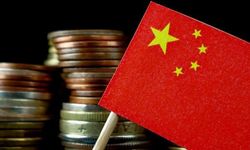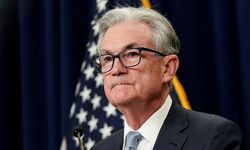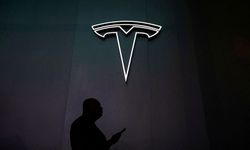Japanese technology company Toshiba is ending its 74-year stock market process. It was reported that 78.65 percent of the company's shares were acquired by a consortium led by private equity fund Japan Industrial Partners (JIP). With a $ 14 billion deal, Toshiba will be moved to private company status.
Thus, the group, which owns more than two-thirds of the company, will be able to move Toshiba to private company status with a $ 14 billion deal.
According to the agreement, its shares can be delisted at the end of this year.
Taro Shimada, Toshiba's President and Chief Executive Officer, said the company would 'take a big step towards a new future with a new shareholder'.
LISTED IN 1949
Toshiba's shares began trading with the reopening of the Tokyo Stock Exchange in May 1949, as Japan emerged from the ravages of World War II.
The Japanese company's roots date back to 1875 as a telegraph equipment manufacturer.
Operating in fields ranging from home electronics to nuclear power plants, Toshiba had once become a symbol in the island nation's technology industry.
In 1985, Toshiba launched what it described as 'the world's first mass-market laptop computer'.
OVERSTATED PROFITS
However, the Tokyo-based company has faced a number of financial problems in recent years.
In 2015, it admitted to overstating its profits by more than $1 billion over six years and paid a 7.37 billion yen ($47 million) fine, the largest in the country's history at the time.
Two years later, it was revealed that the company's US nuclear power business, Westinghouse, had suffered a 700 billion yen loss. To avoid bankruptcy, the memory chip business, seen as the 'jewel' in the company's portfolio, was sold in 2018.
Since then, Toshiba has received several buyout offers, including a rejected bid from British private equity group CVC Capital Partners in 2021.
That same year it was revealed that the company had colluded with the Japanese government to suppress the interests of foreign investors. The firm then announced plans to split the company into three separate businesses. Within a few months, the plan was revised and the board said it would instead split the company into two units.
















